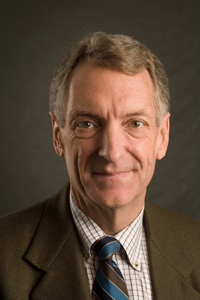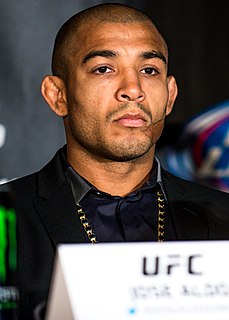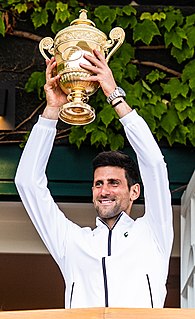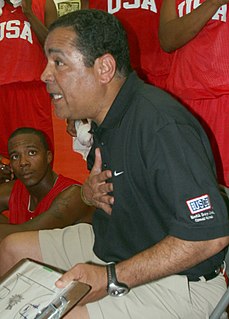A Quote by Patricia Espinosa
We will need to reach out to all those actors - to governments, to civil societies, to businesses - and help in mobilizing them to help in this fight against climate change.
Related Quotes
One of the greatest barriers to connection is the cultural importance we place on "going it alone." Somehow we've come to equate success with not needing anyone. Many of us are willing to extend a helping hand, but we're very reluctant to reach out for help when we need it ourselves. It's as if we've divided the world into "those who offer help" and "those who need help." The truth is that we are both.
People will change when they see that the change will help them reach their goals. If the CHRO sees that the HR transformation that others desire will help the CHRO reach his or her goals, then there will be more support. Absent this reasoning, the CHRO may go through the motions, but the transformation will not be sincere or lasting.
I think religion has often played a very positive role. Take western civilization, the Catholic Church has played an honorable role in helping those in need. In contrast, the US carried out a virtual war against the church in central America in the 1980's primarily because prime elements in the church were working with great courage and honor to help those in need. And to organize them to help themselves.
Punishment by definition isn't going to help. So what you need to do is to help people to change and recover is to help them find different areas of passion and help them find better ways of coping. Because about 50 percent of people with addiction have a preexisting mental illness, about two-thirds have had some type of severe trauma during childhood, and they are not using to the point where they're risking their lives because it's fun. They're doing something to help them cope.
We need to use economic instruments such as carbon taxes, cap and trade, tax and dividend and whatever else to help incentivize behavior that will move us to a post-carbon, post-animal agriculture world, and make our societies more resilient to the shocks that are already baked into the system. But that doesn't make climate change an "economic issue."


































